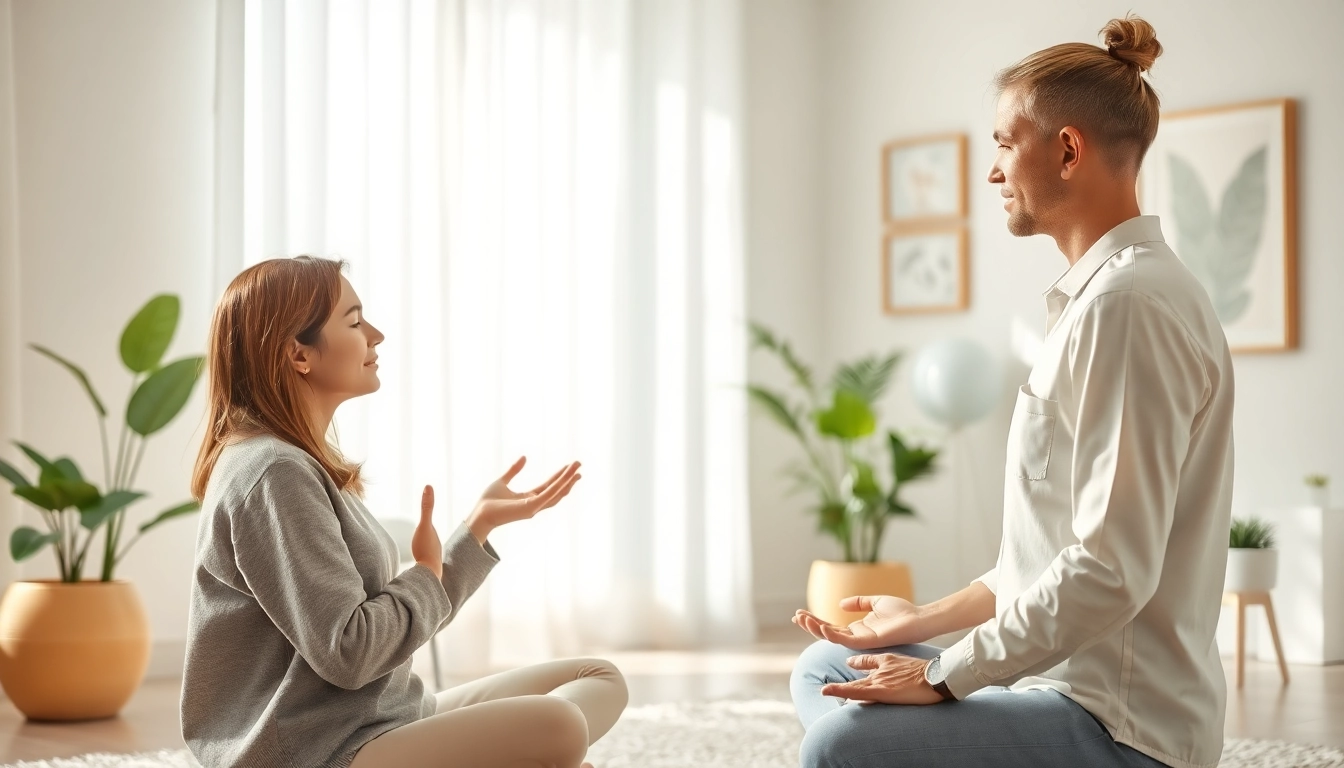Understanding Anxiety: Causes and Symptoms
What is Anxiety?
Anxiety is a natural response of the body to stress. It is characterized by feelings of worry, fear, or apprehension about future events. While anxiety can be a beneficial response in certain situations – such as preparing for an exam or a business presentation – it becomes problematic when it is excessive, persistent, and interferes with daily life. Anxiety disorders are the most common mental health disorders in the United States, affecting millions of people of all ages. Understanding the root causes and symptoms of anxiety is the first essential step in dealing with anxiety effectively.
Common Symptoms of Anxiety Disorders
Anxiety disorders can manifest in various ways. Some of the most common symptoms include:
- Persistent Worry or Fear: An overwhelming sense of dread or fear that persists over time.
- Physical Symptoms: These can include increased heart rate, perspiration, tremors, fatigue, and muscle tension.
- Cognitive Symptoms: Difficulty concentrating, indecisiveness, or racing thoughts are common cognitive manifestations.
- Behavioral Changes: Anxious individuals may avoid certain situations, leading to a daily life that is restricted or limited.
The Impact of Anxiety on Daily Life
The impact of anxiety on daily functioning can be profound. Individuals may find that their anxiety interferes with social interactions, work performance, and overall quality of life. For example, someone with social anxiety may avoid gatherings or public speaking, while those with generalized anxiety disorder might have trouble fulfilling responsibilities due to constant worry. The cycle of anxiety can lead to isolation, further exacerbating symptoms and causing feelings of loneliness and depression.
Coping Techniques for Dealing with Anxiety
Relaxation Techniques and Mindfulness
Relaxation techniques can significantly help those dealing with anxiety. Practices such as deep breathing exercises, progressive muscle relaxation, and guided imagery can calm the mind and release tension in the body. Mindfulness, which involves staying present and fully engaging with the current moment, can also be beneficial. Techniques such as mindfulness meditation have been shown to reduce symptoms of anxiety by fostering a sense of calm and focus.
Physical Activities to Reduce Anxiety
Engaging in regular physical activity can greatly alleviate anxiety symptoms. Aerobic exercises, such as walking, running, or swimming, can improve mood and help manage stress. According to experts, even a simple 30-minute walk can boost endorphin levels, create a sense of well-being, and distract from anxious thoughts. It’s essential to find an enjoyable activity to ensure sustainability over time.
Creating a Supportive Environment
A supportive environment plays a critical role in managing anxiety. Social connections with friends, family, and support groups can provide emotional support and reduce feelings of isolation. Open communication with loved ones about your feelings can foster understanding and empathy. Practicing acceptance within a non-judgmental community helps create a space where individuals can share their experiences and coping strategies.
Professional Help: When to Seek Support
Therapies Available for Anxiety Management
When anxiety becomes overwhelming, it’s important to seek professional help. Various therapeutic approaches can effectively manage anxiety disorders. Cognitive Behavioral Therapy (CBT) is one of the most prevalent treatments; it focuses on identifying negative thought patterns and replacing them with healthier thoughts. Other therapeutic options include exposure therapy, which gradually helps individuals confront their fears, and mindfulness-based therapies, which combine meditation practices with cognitive strategies.
Importance of Medication in Some Cases
For some individuals, therapy alone may not be sufficient. In such cases, medication can play an important role. Anti-anxiety medications, such as benzodiazepines or selective serotonin reuptake inhibitors (SSRIs), are prescribed to help manage symptoms. It’s important to note that medication should be considered as part of a comprehensive treatment plan that may include therapy, lifestyle changes, and self-care practices.
Finding the Right Mental Health Professional
Finding a mental health professional who specializes in anxiety disorders is vital for effective treatment. Consider seeking a licensed therapist or psychologist with experience in managing anxiety. Recommendations from primary care providers or reviews from trusted sources can provide valuable insights. Don’t hesitate to ask potential therapists about their approaches and experience with anxiety disorders during the initial consultation. Ensuring a good rapport with a mental health professional can contribute significantly to the success of treatment.
Self-Care Practices for Managing Anxiety
The Role of Nutrition and Sleep
Nutrition and sleep are cornerstone elements of mental health. A balanced diet rich in whole foods, such as fruits, vegetables, lean proteins, and whole grains, can influence mood and energy levels. Certain nutrients, like omega-3 fatty acids, vitamins B and D, and magnesium, have been linked to improved mood regulation. Additionally, establishing a consistent sleep routine is essential. Poor sleep can heighten anxiety levels, so aiming for 7-9 hours of quality rest per night is crucial for mental well-being.
Journaling and Reflection
Journaling offers an effective outlet for processing thoughts and feelings. By writing down anxieties, individuals can externalize their worries, making them feel less overwhelming. Reflective journaling can also help in identifying triggers and patterns over time. This practice encourages self-awareness and provides insight into how one manages stress and anxiety, assisting in developing coping strategies.
Establishing Healthy Routines
Creating a structured daily routine can provide a sense of stability and predictability, reducing anxiety levels. Include regular times for meals, exercise, work, and relaxation activities. Incorporating mindfulness or relaxation periods throughout the day can add balance and promote a sense of calm amidst chaotic moments. Routines help establish healthy boundaries, making it easier to manage responsibilities without becoming overwhelmed.
Long-Term Strategies for Dealing with Anxiety
Building Resilience Against Anxiety
Building resilience is key to effectively managing anxiety in the long term. Resilience involves adapting well in the face of adversity, trauma, or stress. Strategies such as practicing optimism, maintaining strong relationships, and embracing change can enhance resilience. Additionally, developing problem-solving skills can empower those struggling with anxiety to face challenges directly rather than avoiding them.
Mindfulness and Meditation for Sustained Relief
Mindfulness and meditation practices can offer profound long-term benefits for those managing anxiety. Regular practice helps quiet the mind and reduce racing thoughts. Techniques such as loving-kindness meditation and body scans can significantly reduce symptoms of stress and anxiety. Establishing a daily mindfulness practice can lead to lasting positive changes in mental health.
Embracing Community and Support Networks
Finally, building and engaging in community support networks can greatly aid in managing anxiety. Groups or organizations focused on mental health offer companionship and shared experiences, which can reduce feelings of isolation. Online forums, local support groups, or workshops can provide platforms for individuals to connect, share coping strategies, and reinforce their commitment to mental wellness.



